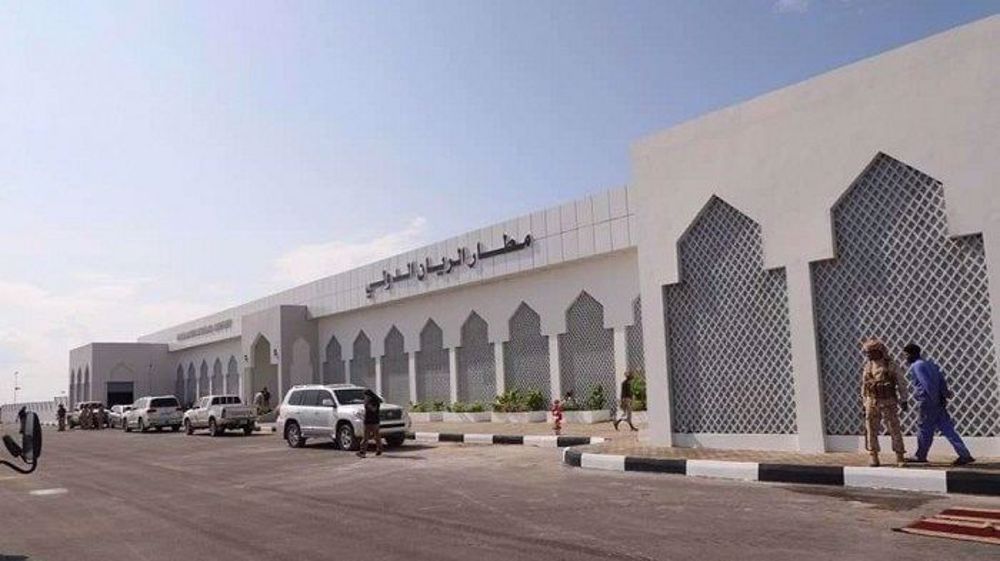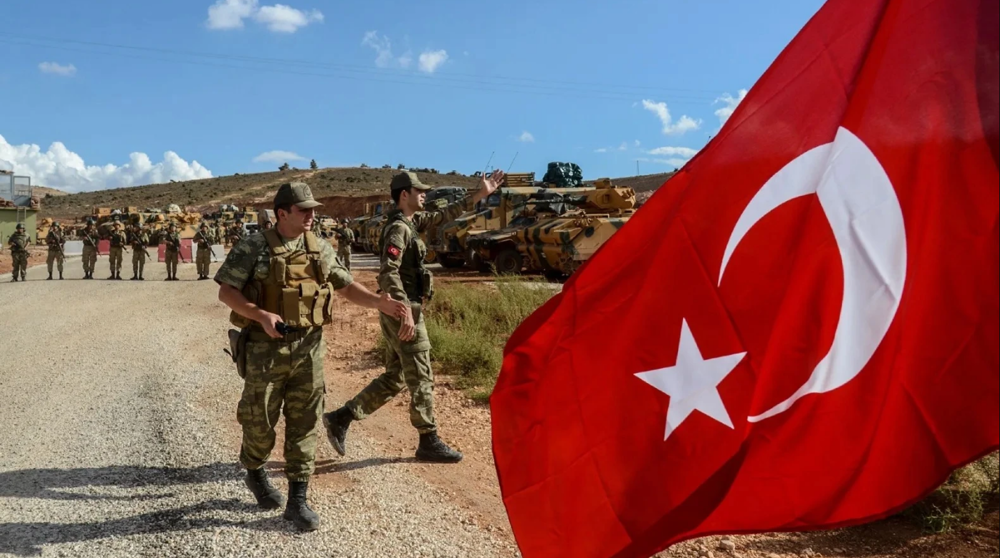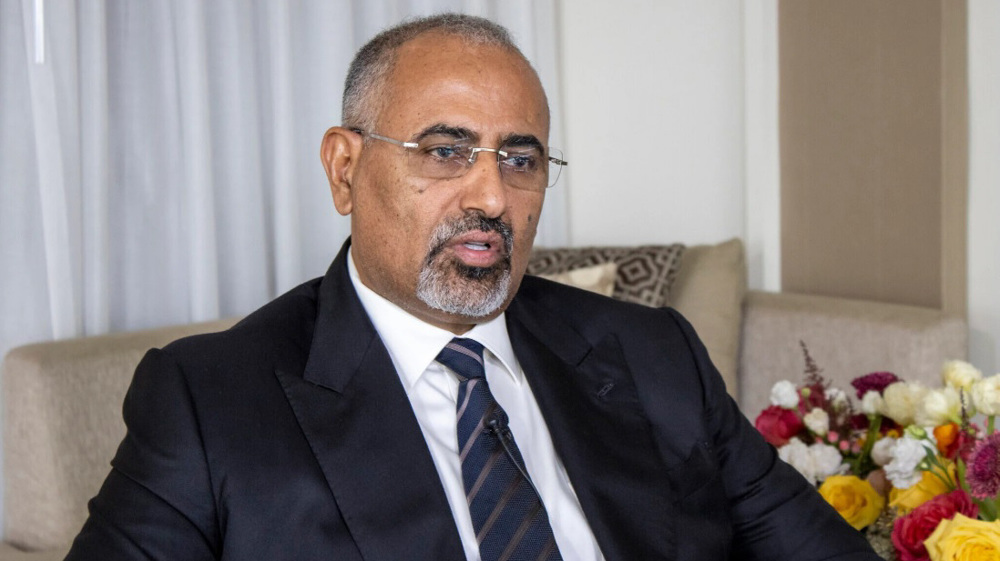Saudi starts taxing water for first time
Saudi Arabia has started taxing water for residents amid the soaring cost of debt as oil revenues decline, media reports say.
The kingdom's unsustainable and extravagant use of water is rapidly depleting the country's reserves, Saudi newspaper Al-Watan Arabic daily reported.
It warned that the practice could soon lead to an environmental and social catastrophe.
Daily per capita consumption is reported to be 265 liters in Saudi Arabia, double the EU average.
Mohammed Al-Ghamdi, a member of King Faisal University, told The Independent that groundwater in the country could run out in as little as 13 years.
“Official estimates have been disclosed showing an acute drop in water levels in agricultural areas, and that indicates the seriousness of the situation,” Al-Ghamdi said.
Saudi relies on groundwater and water from desalination plants that remove salt from seawater but the desalination process is extremely energy intensive.
Groundwater accounts for 98 percent of water sources in Saudi Arabia, because the kingdom has no rivers and lakes.
The New Arab, a news site on the Arab world, said that reservoirs in central Saudi Arabia have “turned into sand pits."

Taxing water, however, will have the added benefit of helping Saudi rulers address the kingdom's ballooning deficit caused by the collapse of oil prices and the wars in Yemen and elsewhere.
Saudi Arabia's fiscal reserves dropped to a four-year low last year as the country posted a record high budget deficit of $98 billion.
Last December, the official Saudi Press Agency reported that Riyadh had decided to raise gasoline prices by more than 50 percent for some products.
Prices have been also increased for electricity, water, diesel and kerosene under the cuts approved by the council of ministers, which is headed by King Salman.
Populist spending is the glue which keeps the tribal community together in Saudi Arabia. King Salman splurged $32 billion in his coronation as bonuses to all workers and pensioners.
The collapse in oil prices and military expenses in Syria and Yemen, however, are burning through foreign reserves at an alarming pace.
The International Monetary Fund (IMF) expects Saudi Arabia to run a budget deficit of 19.4% in 2016 and run out of financial assets within the coming five years.
According to the IMF, the kingdom would need an oil price of $106 a barrel to balance its budget. The crude oil has fallen below $35 a barrel and continues its downward spiral.
VIDEO | Press TV's news headlines
Hamas says it fulfilled all its obligations under Gaza ceasefire deal
Hezbollah condemns Israel's ‘treacherous assassination’ of Al-Housh Mosque imam
Israeli woman shocked after being listed as ‘dead’ in recent Iran riots
VIDEO | IAEA and its policies
VIDEO | Crackdown at home, lecturing abroad
Israel clearing northern Gaza land for settlements: Report
Gaza deadliest place for journalists and aid workers: UNRWA chief










 This makes it easy to access the Press TV website
This makes it easy to access the Press TV website